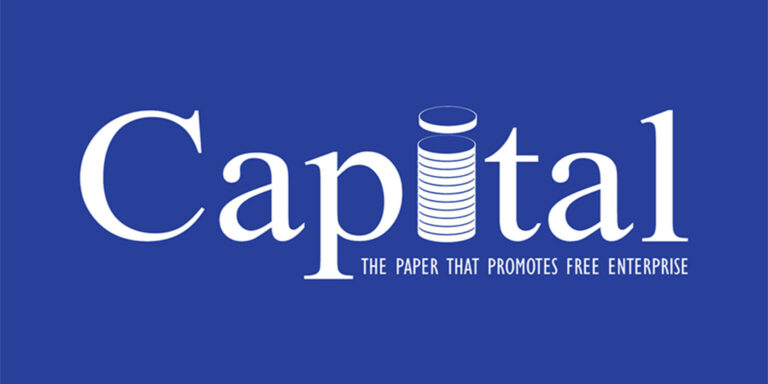A landmark six-year programme to build a climate-resilient and low-emission dairy sector is now underway across East Africa. The Dairy Interventions for Mitigation and Adaptation (DaIMA) programme, led by the International Fund for Agricultural Development (IFAD) with US$150 million in co-financing from the Green Climate Fund (GCF), represents a total investment of US$358 million.
The project that was presented at the recently concluded 9th International Greenhouse Gas and Animal Agriculture (GGAA) conference in Nairobi will directly benefit 2.5 million rural people in Kenya, Rwanda, Tanzania and Uganda and indirectly reach an additional 15.4 million individuals along the dairy value chain.
The dairy sector is central to food security and livelihoods in East Africa but faces mounting pressure from climate change, including heat stress and drought. The productivity and efficiency of East African Dairy systems can be strengthened which will reduce emissions and ensure more resilience of the production systems. This will be done through equipping smallholder farmers with climate information, improved breeding and veterinary services, better reproduction and feed management and innovative technologies to enhance productivity while cutting emissions.



